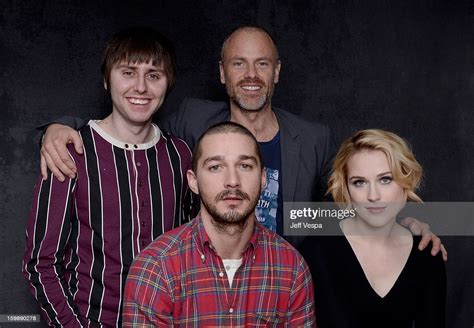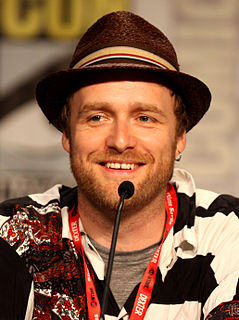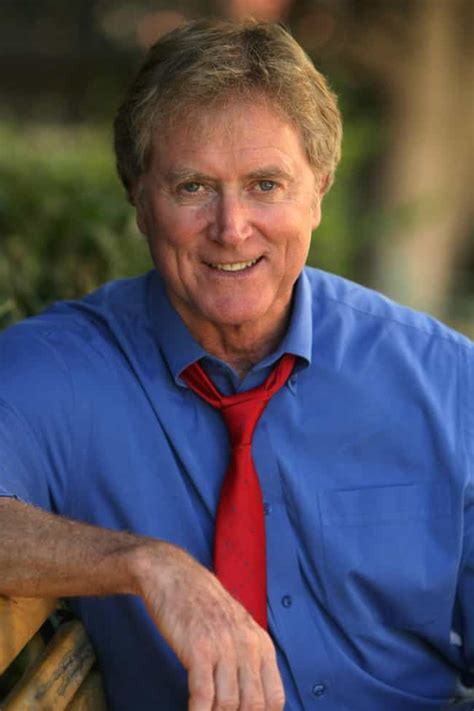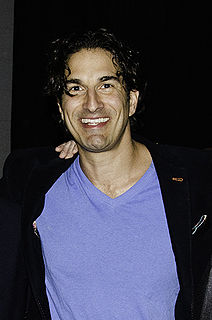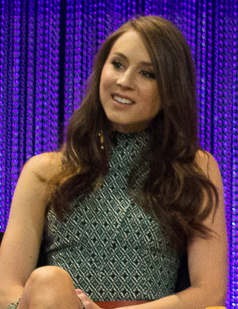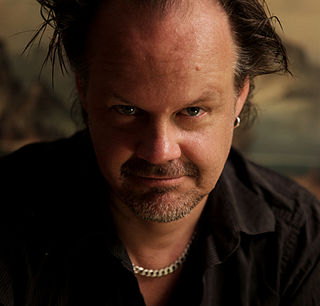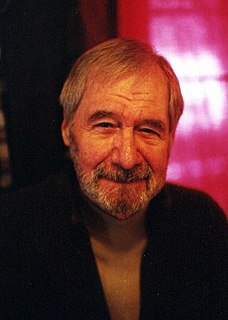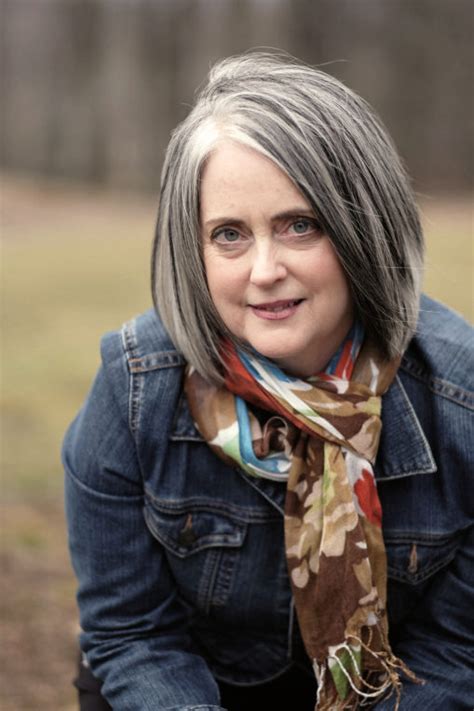A Quote by Tim Burton
I've often been accused of, 'Oh the movies looked good but there's no story,' but I disagree with that in theory, and '9' is a perfect example for me because the feel, the texture, and the look of that world, and those characters, is the story. That's a major component of why you feel the way you do when you're watching it.
Related Quotes
Vera said: 'Why do you feel you have to turn everything into a story?' So I told her why: Because if I tell the story, I control the version. Because if I tell the story, I can make you laugh, and I would rather have you laugh at me than feel sorry for me. Because if I tell the story, it doesn't hurt as much. Because if I tell the story, I can get on with it.
I know a good story from a bad story. But when you have a really good story and they make it bad, I'll say to my wife, "Oh, tonight, I'm going to enjoy watching television because I did great, and wait until you see this." And then, they put it on and it's like - oh, that's not so good. They are fake news.
I do think the challenge, in a way for me, is to write a narrative film and when you finish watching it you feel like it's a collage. You tell the narrative, you tell the story, but you feel like you've created this tapestry. But it also has a shape, a story. So I think there's a middle ground that I try to strike... away from where everyone else seems ready to go, which is, setup, payoff. You know, He's afraid of water, oh, and at the end he's swimming in water - oh, my God. I hate that stuff.
Danny Boyle has been a huge, has had a huge effect on me. His movies, early movies like Trainspotting and those movies. So I've always loved the energies of those movies. But also, that they are very focused on the characters. Cause it's not only gimmickery, it's not only about visuals. You feel a real need, a love for the main characters. So that's what I've always loved about watching movies myself.
You didn't plan to write a story; it just happened. Well, it could be argued that the next thing you should do is find a hole to dig. Right? So you start digging a hole and then somebody brings a body along and puts it in. That's what a story must feel like to me. It's not that you say, "I want to write a story about a gravedigger." But you're walking along and "I don't know what I'm doing here in this story,' and - boop! a shovel. "Oh, interesting. Ok, what does one do with a shovel? Digs a hole. Why? I don't know yet. Dig the hole! Oh, look a body."
Because I grew up on 'Star Wars', that was the best example of creating a full and rich world to me as a writer. When I was watching those movies as a kid, I wanted to know more about every damn character in that universe. There was always a hint that there was a story there that you just weren't getting to see.
I think that television lately has been extremely dark and, in some ways, cynical but I also think that people who are writing those shows probably feel exactly as I do - that sometimes the darkness of a story can highlight the light in a story. There's a lot of cynical stuff but I think it may be even more in movies now where you see so many movies about cynical and corrupted characters. That's the state of many movies right now but movies, television, all of culture, there's always going to be a battle between the stories that are cynical and stories that are hopeful.
I have 236 movies on my queue and I feel like I should always be watching movies. Like if I wake up in the middle of the night and don't fall directly back to sleep, I'm like, 'I've been up for an hour and a half I could have watched 'Toy Story 3' by now.' In this economy it is a sin not to be watching movies when you have Netflix.
My parents telling me that if there is a story you feel compelled to share, then you are responsible for doing that. You can't ask someone else to take on that story - or you can, but you have to deal with whatever the fallout is. If the story doesn't end up being told the way you originally heard it or that you feel it needs to be expressed, that's on you.
You have to do three things really well to make a successful film. You have to tell a compelling story that has a story that is unpredictable, that keeps people on the edge of their seat where they can't wait to see what happens next. You then populate that story with really memorable and appealing characters. And then, you put that story and those characters in a believable world, not realistic but believable for the story that you're telling.
For me, a story begins with music: I feel the rhythm, the cadence, the pulse of the characters and their voices and the setting. Because I had just finished writing a book called 'Black Potatoes: The Story of the Great Irish Famine,' I was already filled with the music of the lives and culture of the Irish people, so I thought, why not use it?
Every movie has three things you have to do - you have to have a compelling story that keeps people on the edge of their seats; you have to populate that story with memorable and appealing characters; and you have to put that story and those characters in a believable world. Those three things are so vitally important.




